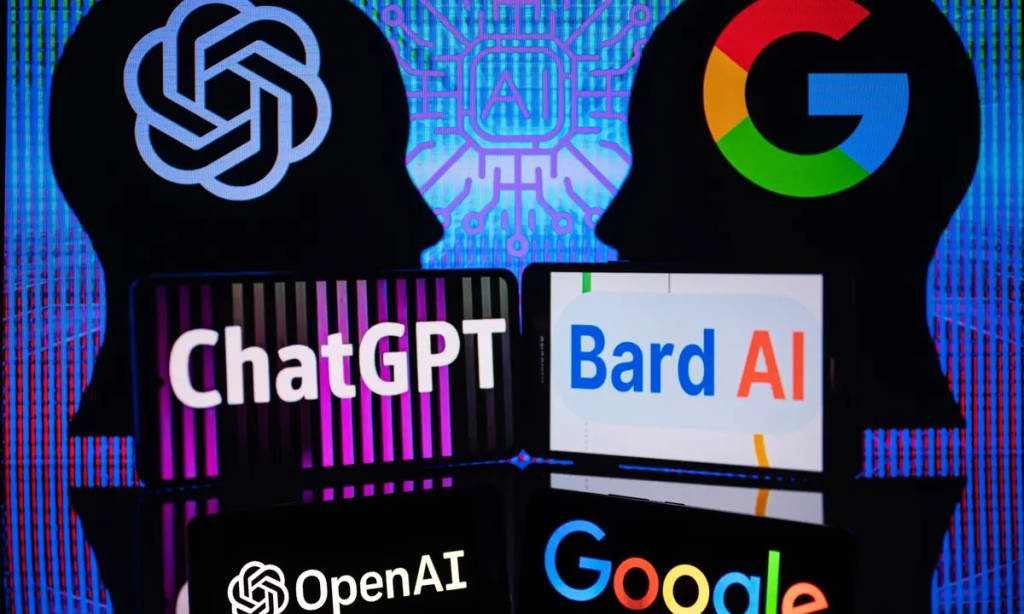Pros and Cons of AI: The Good and the Bad News
Understanding the Pros and Cons

Artificial intelligence (AI) is one of the most hotly debated topics of the twenty-first century. It has transformed the way we live, work, and interact with one another. Since its inception, AI has come a long way, and it is now used in a wide range of applications, from personal assistants like Siri and Alexa to self-driving cars and even medical diagnosis. However, AI, like any other technology, has both positive and negative aspects. Both will be covered in this article.
The good news
- Productivity and efficiency: AI has the potential to improve the efficiency and productivity of almost any industry. AI can help businesses and organizations achieve more with less by automating repetitive tasks and analyzing large amounts of data.
- AI has already demonstrated its potential in the healthcare industry. It can assist doctors and healthcare professionals in more accurately and quickly diagnosing diseases. Furthermore, AI can aid in the personalization of treatment plans for patients based on their medical histories and other factors.
- Improving Safety: Artificial intelligence has the potential to make our lives safer in a variety of ways. Self-driving cars, for example, have the potential to reduce the number of road accidents caused by human error. AI can also be used to predict and prevent natural disasters, giving people enough time to evacuate and minimize damage.
- Better Decision Making: AI can assist us in making better decisions in a variety of situations, from business to personal finances. AI can provide insights that can help individuals and organizations make more informed decisions by analyzing data.
The bad news
- Job Losses: One of the most serious concerns about AI is the potential for job losses. As AI advances, it may replace many jobs currently performed by humans, resulting in unemployment.
- Bias and Discrimination: AI algorithms are only as objective as the data on which they are trained. If the data used to train AI systems is biased or discriminatory, the algorithms that result will be biased and discriminatory as well. This could have serious consequences in areas such as hiring and criminal justice.
- Concerns about security: As AI becomes more integrated into our lives, it becomes a more appealing target for cybercriminals. Furthermore, there is concern that AI could be used for malicious purposes, such as creating deep-fake videos or developing self-driving weapons.
- One of the difficulties with AI is that it can be difficult to understand how it works. This lack of transparency can make it difficult to trust AI systems, especially when they are used to make life-changing decisions.
To mitigate the negative impact of AI, policymakers, industry leaders, and the general public must collaborate to create frameworks and regulations that promote ethical and transparent AI development and deployment.
Promoting diversity and inclusion in the AI industry is one approach to addressing AI concerns. This includes ensuring that the teams responsible for developing and deploying AI systems are diverse and representative of the communities they serve. A more diverse workforce can assist in identifying and correcting biases in AI algorithms, as well as preventing the perpetuation of harmful stereotypes.
Increased transparency in AI development and deployment is another solution. This can be accomplished by requiring businesses and organizations to disclose the data and algorithms used in their artificial intelligence systems. AI systems should also be audited on a regular basis to ensure that they are not perpetuating biases or causing unintended harm.
Education and training are also critical in mitigating the negative effects of AI. As artificial intelligence (AI) becomes more prevalent in society, it is critical that people understand how it works, its potential benefits and risks, and how to interact with it in a safe and responsible manner. This will aid in ensuring that people are equipped to make informed decisions about AI and use it effectively and ethically.
Summary, AI is a transformative technology with the potential to effect significant positive change. It is, however, not without its difficulties and risks. We can ensure that AI benefits society as a whole while minimizing its potential negative consequences by taking a proactive approach to addressing its negative impacts and promoting its ethical and responsible development and deployment.
Thank you for reading.
If you enjoy this amazing story, please share, comment and subscribe for more stories like this.
Read my other articles.
About the Creator
Lawrence Night
I'm a playful writer who enjoys having fun. My writing is full of wit, humor, and playful banter that will keep my readers guessing. With my contagious energy and limitless imagination, I am constantly surprised and delighted by my audience






Comments
There are no comments for this story
Be the first to respond and start the conversation.